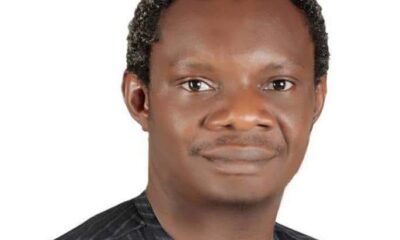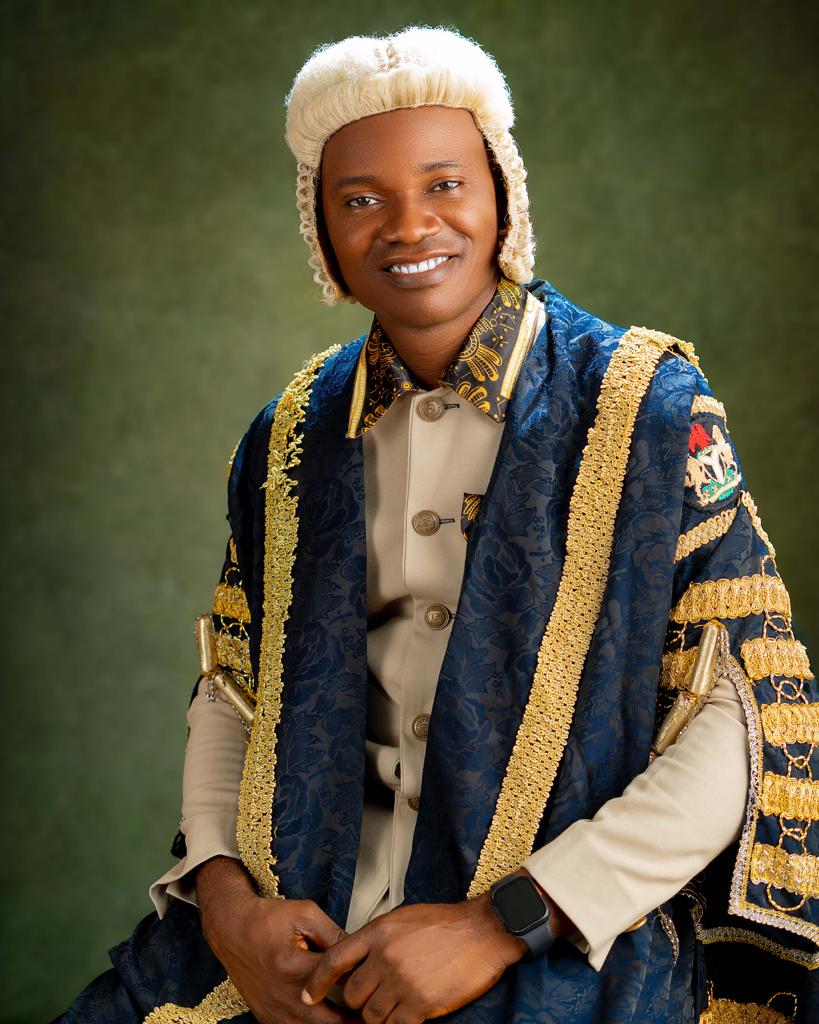







This week on Asiwaju Media, political tensions, community heroics, and celebrity extravagance dominated public discourse. From high-profile arrests to remarkable...


Brigadier General Olakunle Oluseye Nafiu, Director General of the National Youth Service Corps (NYSC), has reaffirmed the scheme’s commitment to...


Corps members at the NYSC Lagos Orientation Camp have been encouraged to start building sustainable businesses that will thrive beyond...


The Nigeria Immigration Service (NIS) has urged corps members of the 2025 Batch A Stream II at the NYSC Lagos...


The Independent Corrupt Practices and Other Related Offences Commission (ICPC) has reaffirmed its commitment to empowering Nigerian youths in the...


The Head of the Press and Public Relations Unit, NYSC Lagos, Mrs. Omolola Aladesoun, has reminded corps members that they...


In a renewed push to achieve full coverage of the National Identification Number (NIN) registration across Nigeria, the National Identity...


The Assistant Director and Accounts Officer of the National Youth Service Corps (NYSC), Mr. Mathias Ejeh, has issued important clarifications...


The Assistant Director of Corps Discipline and Reward at the NYSC Lagos Secretariat, Mrs. Oluwayemisi Davidson, has charged corps members...


It was a night of glitz, energy, and raw talent as Platoon 7 stole the spotlight at the 2025 Batch...


Are you currently serving as an NYSC Corps Member in Lagos, Ogun, Oyo, Ondo, or Ekiti State? Are you passionate...


In a commendable act of community service, corps member Everit George Ozioma (LA/25A/1425) has donated a 12.5KVA solar inverter system...


The National Orientation Agency (NOA) has called on corps members to rise to the challenge of nation-building by being the...


As part of activities marking the 2025 World Drug Week, the National Drug Law Enforcement Agency (NDLEA) has raised serious...


The Director of Reforms Coordination and Service Improvement at the National Youth Service Corps (NYSC) Headquarters, Chief Chiwendu Ogbonnaya Chukwu,...


The Ebonyi State Chairman of the Association of Local Governments of Nigeria (ALGON), Prince Uburu Chinedu, has donated a brand-new...


The Benue State Coordinator of the National Youth Service Corps (NYSC), Mrs. Veronica Garba, has confirmed that corps members posted...


The National Youth Service Corps (NYSC), Lagos State, has extended its Health Initiative for Rural Dwellers (HIRD) to the Iwaya-Yaba...


The NYSC Lagos State Coordinator, Mrs. Christiana Salmwang, has officially flagged off the 2025 Batch ‘A’ Stream II edition of...


The Oba of Lagos, His Royal Majesty Oba Rilwan Babatunde Osuolale Aremu Akiolu, has charged members of the National Youth...





















